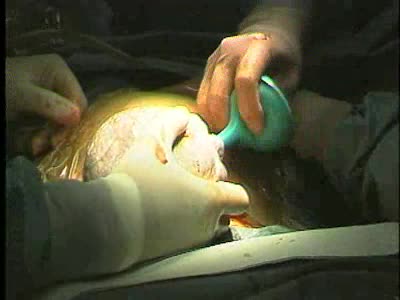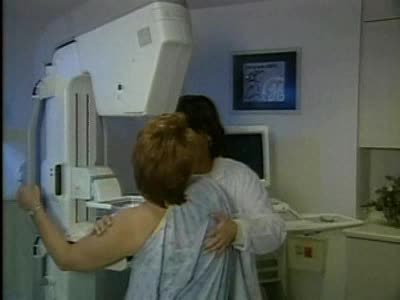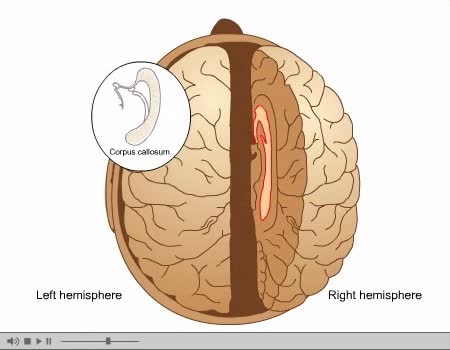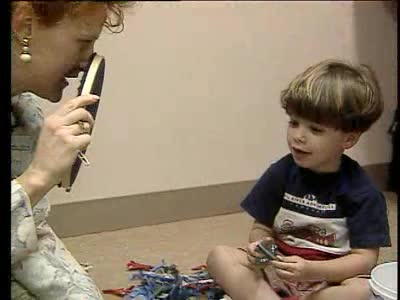Search Results
Results for: 'A history of leptin research.'
By: Administrator, Views: 480
Caesarean section, also known as C-section, or caesarean delivery, is the use of surgery to deliver babies. A caesarean section is often necessary when a vaginal delivery would put the baby or mother at risk. This may include obstructed labor, twin pregnancy, high blood pressure in the mother, br...
Interview with Person having Obsessive Compulsive Disorder
By: Administrator, Views: 14365
Obsessive–compulsive disorder (OCD) is a mental disorder in which a person feels the need to perform certain routines repeatedly (called "compulsions"), or has certain thoughts repeatedly (called "obsessions"). The person is unable to control either the thoughts or activities for more than a sh...
By: Administrator, Views: 417
Mammography (also called mastography) is the process of using low-energy X-rays (usually around 30 kVp) to examine the human breast for diagnosis and screening. The goal of mammography is the early detection of breast cancer, typically through detection of characteristic masses or microcalcificat...
By: Administrator, Views: 14676
Bipolar disorder, previously known as manic depression, is a mental disorder that causes periods of depression and periods of abnormally elevated mood. The elevated mood is significant and is known as mania or hypomania, depending on its severity, or whether symptoms of psychosis are present. Dur...
Brain Anatomy Animation (Part 1 of 2)
By: Administrator, Views: 14957
The human brain is the central organ of the human nervous system, and with the spinal cord makes up the central nervous system. The brain consists of the cerebrum, the brainstem and the cerebellum. It controls most of the activities of the body, processing, integrating, and coordinating the infor...
By: Administrator, Views: 14693
Deaf culture is the set of social beliefs, behaviors, art, literary traditions, history, values, and shared institutions of communities that are influenced by deafness and which use sign languages as the main means of communication. When used as a cultural label especially within the culture, the...
Advertisement








